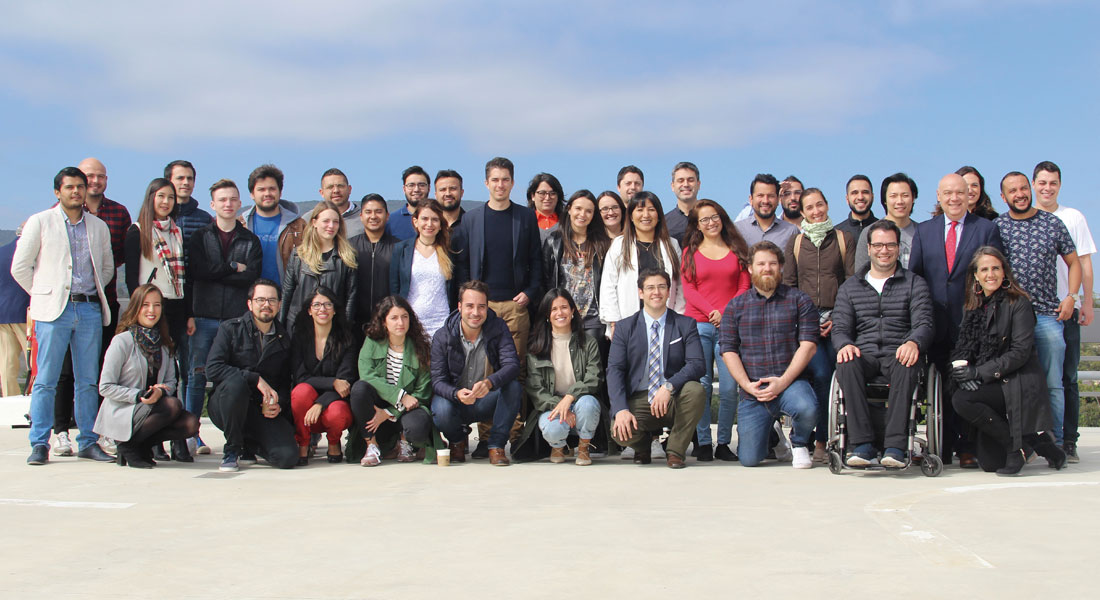


Some time ago I read an article on the blog of a Spanish woman, who went by the alias of “Natsu”. The blog was dedicated to demonstrating, in excruciating detail, the lies and errors of a documentary whose name isn’t of concern here. Such task apparently did not please some of her readers, who tried to defend the documentary by insisting that "all truth is relative, everyone has their truth"... She responded by strongly attacking the dangerous idea of an extreme relativism, affirming something that stuck with me: "There may be different opinions (as many as you’d like), but facts are what they are. We do a disservice to mankind if we begin an argument by obliterating the basis of civilization: human intelligence and its ability to tell truths apart from lies”. In a different article, another author observed that our modern world, with Internet and automation and entire libraries at our fingertips, would be the very utopia dreamed by people three centuries ago, and asked: "You have access to all human knowledge through a device in your pocket. What are you doing with that immense power?"; insinuating that what most of us do with this immense power is sending memes, looking for pictures of cats and leaving furious comments on YouTube.
What I'm getting at with these quotes is the following: connecting both ideas, in this world where the Internet has given a voice to those who did not have it. But this, far from having eliminated the dissemination of false, aberrant, dangerous or hateful ideas, seems to have given such ideas more strength than ever. The Internet gave voices and “soapboxes” to everyone; but some of those voices definitely do not deserve to be heard and some of that preaching does more harm than good. There is everything under the sun, ranging from the repulsive and socially reprehensible, such as websites that are openly and proudly racist, sexist, misogynistic, homophobic or aggressively attacking any group that comes to mind; to the bizarrely funny, such as the group that calls itself "Flat Earthers": people who are convinced that the Earth is indeed flat and anything else is a hoax by a demonic NASA which seeks to insult the Bible. I cannot yet figure out if the Flat-Earthers are joking or not, but they do use Twitter (apparently, globes are an aberration of Satan, but Twitter at least is not). They would be funnier, were they not the bizarre face of two worrisome trends: on the one hand, a neo-inquisitorial wave of denial and contempt towards experts, knowledge, sciences, and a glorification of fundamentalist ignorance (with disastrous consequences for climate change, for example). And on the other hand – if it turns out they’re a joke – the ability that the Internet has given to many, to not only lie with impunity but also use those lies to get followers, money and social and political influence.
Enter President Trump, with the accusations that he lies constantly; the press, both in the USA and Mexico; and a context in both countries of great social weakening, economic and labor precariousness, growing inequality, mistrust in all institutions, a political polarization where "my" candidate is a savior while "yours" only lies. The result is that most people don’t really know what to believe anymore. Literally anything that we see published; in words, in photos, even in voices and videos could be a lie. We no longer know which material could have been altered, or where the bots or the secret agents from Whateverland could have influenced. And it’s not that there were no lies before. It’s not that there were no ways to alter a photo, falsify a document, disguise a voice, or skew opinions by showing information in a certain way, carefully constructed for a certain agenda. But in an increasingly worrying way, the internet has shattered our capacity for serious debate; where everything is true if I believe it, my opinions are facts while yours are hoaxes and fake news; and in that world where everything is true because it is "my" truth, and therefore nothing is really verifiable, emotions are what gain strength and shape public policy. The winner is not he who has the best information or the most convincing argument, but whoever shouts the hardest, appears angriest and repeats the latest cliché insult the most. It is the age of fury versus information, and fury is winning by much. It does not matter if data says one thing; for example, that CO2 emissions cause us an environmental problem. What I feel matters more. And if I feel that this is a lie propagated by the Chinese / feminists / migrants / liberals / gays to destroy commerce and family and our freedoms, then "that" must be a lie, period. I find a convenient scapegoat, an “other” to blame, I get a little angrier, and voilà, I end up clinging to the ideas that I had in the first place; hearing what I wanted to hear anyway, not looking for new opinions but merely seeking to validate my own. This is how Internet "debate" works, and the worst is that with people like Trump in positions of power, with citizens who refuse to be well informed by living inside echo chambers, plus a fundamental feeling of distrust towards everything and everyone, nonsense threatens to dominate politics. In an election year, especially, we would do well to worry about informing ourselves thoroughly, making choices based on facts and data, not blind emotions.









